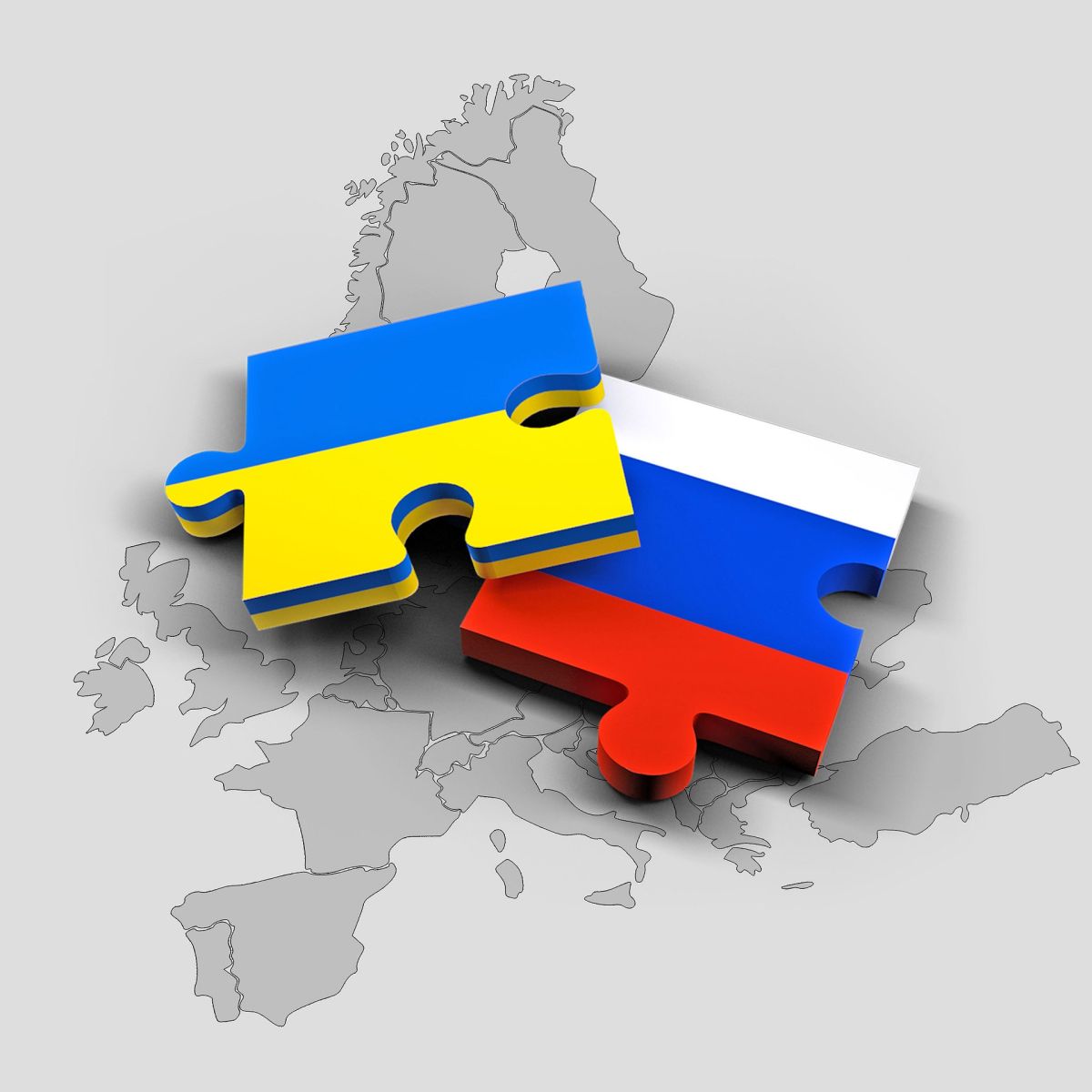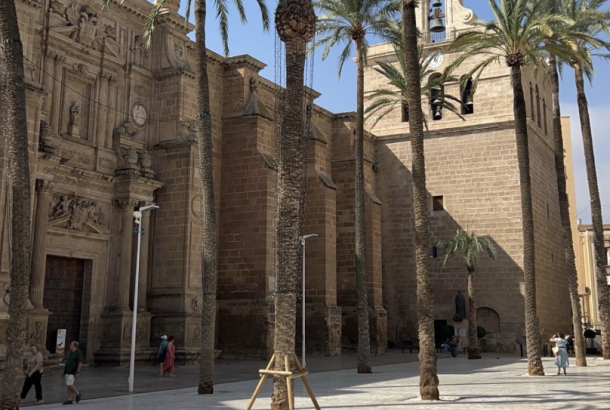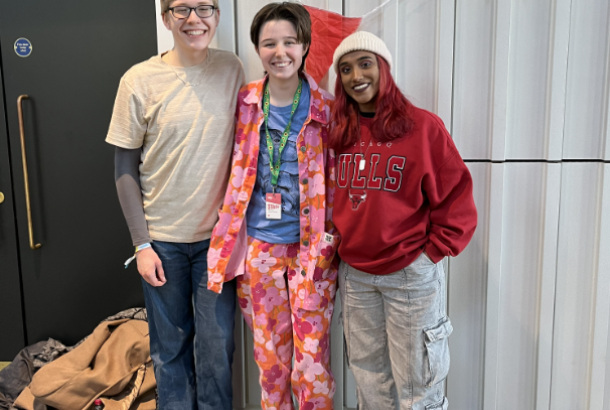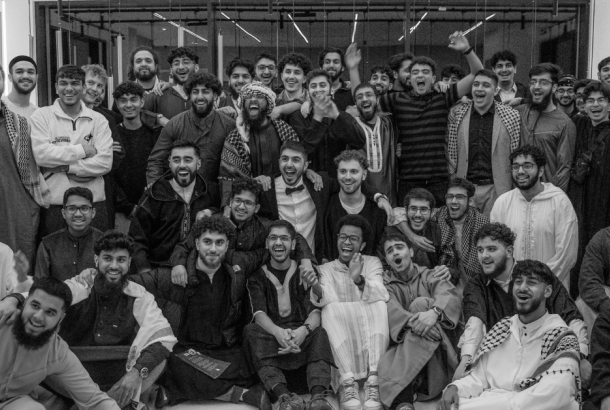Explaining the Russo-Ukrainian crisis

In a move that has sent shock waves throughout the world, Russia has officially invaded Ukraine. As casualties rise and air raid alarms blare throughout the big cities, it’s important to understand the context of the war and how the Ukrainian people have long been undermined by their Eastern neighbors despite persistently showing grit and resilience.
In mid-February, Putin ordered Russian troops into rebel-held regions of Ukraine, prompting economic sanctions from the UK, US, EU, Japan, Australia, and Canada, to deter further military aggression.
The sanctions (and threat of further packages) on banks and oligarchs were futile, as Putin declared war on Ukraine on the morning of February 24. A full-scale invasion was launched as Russian forces entered from North, South, and East, targeting large cities including Kyiv and Kharkiv.
Explosions were reported in the cities, as well as in Mariupol, Dnipro, Odessa, Slavayansk, and Kramatorsk. While Moscow claims it is not targeting Ukrainian cities, reports of casualties and photos of bombed apartment buildings prove otherwise.
Why is Russia instigating war? And why should it matter to us over 2000km away?
We are so accustomed to doomscrolling through pandemic headlines and climate catastrophe think pieces that some of us are numb to the latest developments in Eastern Europe.
Geopolitics is more complex than ever, and this war concerns more than just Russia and Ukraine. This will inevitably have ripple effects across former Warsaw Pact countries, NATO, and even on you, reading this.
A common misconception seems to be that this is a recent conflict, but Russia and Ukraine’s turbulent history goes far back, with the current situation stemming from the 2013-2014 crisis.
The 2013-2014 period was marked by the Euromaidan protests, a wave of demonstrations and civil unrest across Ukraine, sparked by the Ukrainian government’s last-minute decision to forego a European Union–Ukraine Association Agreement. The movement culminated in the Maidan Revolution, which succeeded in ousting then-president Viktor Yanukovych.
The revolution was accompanied by pro-Russian unrest in largely Russophone parts of Ukraine. In the aftermath of the revolution, Russia invaded and subsequently annexed Crimea, a Ukrainian peninsula, prompting international concern. Around the same time (March 2014), the Donbas War broke out – armed conflict between Russian-backed rebels and Ukrainian troops in eastern Ukraine. The Donbas conflict has been used by Russian president Vladimir Putin as a justification for invading.
Last year Russia stationed thousands of military personnel and equipment along the Ukrainian border, generating concern about a potential invasion. Although some troops were removed last summer, fears returned in October and November 2021 when Russia’s military presence was again fortified along national borders.
The last few weeks have been crucial, with diplomats (unsuccessfully) attempting to placate Putin.
The world has waited with bated breath for the moment that marked the start of the current wave of conflict – Russian troops invading rebel-held parts of Ukraine, constituting a full-scale invasion.
Putin continues to vindicate his military action by delegitimizing Ukrainian statehood. US President Joe Biden said in a speech that Putin is trying to “reestablish the former Soviet Union”, but while foreign affairs conjectures on the matter vary, we can’t know for sure what Putin’s long-term agenda is.
Mainstream Russian media is state-owned and is attempting to indoctrinate the Russian public into supporting the war, by describing ongoing military conflict as a “demilitarization” and “denazification” of Ukraine – a so-called liberation operation. Despite the Kremlin’s attempts to distort reality, thousands of Russians have taken to the streets to protest war, risking imprisonment and treason charges.
Ukraine gained its independence in 1991 following the dissolution of the Soviet Union. The 31 years since have been tumultuous for Ukraine, marked by the Orange Revolution, the Maidan Revolution, the war in Donbas, and the current full-scale war with Russia.
Current President Volodymyr Zelenskyy and Kyiv mayor Vitali Klitschko are echoing the bravery and determination of Ukrainians by rejecting evacuation offers, and asking for ammunition instead so that they can stay in Ukraine and defend the sovereignty of their nation. The Russian military is suffering unexpected losses, signifying that Putin may have underestimated the perseverance of Ukraine.
While the war persists and Putin tries to topple the Ukrainian government, we can help from abroad by donating to the Ukrainian military, petitioning the UK government to waive Ukrainian refugees’ visas, and protesting Russian consulates and embassies. We cannot sit back as Russia terrorizes its neighbours.







